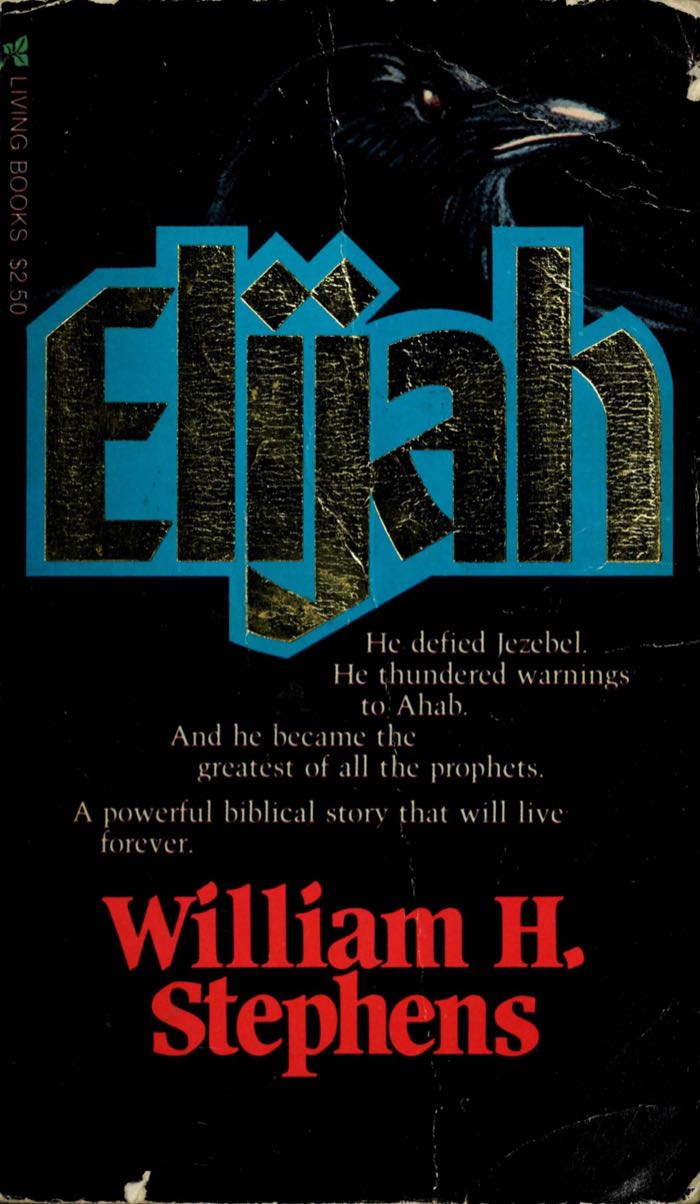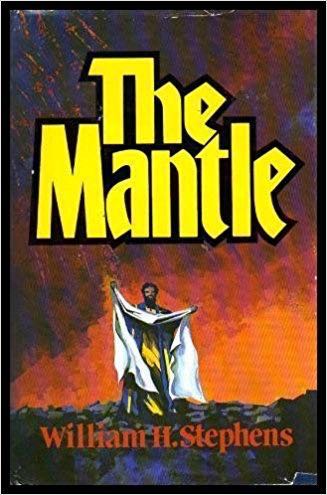Elijah
Reviewed date: 2004 Sep 12
Rating: 2
303 pages
Originally entitled The Mantle
For being one of Israel's greatest prophets, surprisingly little is known about Elijah. William H. Stephens fills in the historical, political, social, and religious context of Elijah's ministry with his 1976 book The Mantle (retitled Elijah for the paperback printing.) Stephens focuses on the religious clash between Yahwehism and baal worship in Israel. Yahweh, the traditional god of Israel, is threatened by the baal worshipper Jezebel, who introduces the gods Melkart and Asherah to Israel. Israelites are drawn to the baal fertility cult by the promises of the powerful god Melkart, and by the temple prostitutes of Asherah.
Stephens follows the biblical account closely. This is unfortunate, as this means there is no coherent plot. It feels a lot like reading the biblical account stretched to 300 pages by the inclusion of background information about the politics and culture of the Ancient Near East. Additionally, Stephens tends to skip over important events with a few terse sentences or paragraphs. It just doesn't make sense to skip over in just two pages the huge battle in which Ahab is killed. It's one of the biggest events in local history, so one might expect Stephens to give it a little more space.
I found it amusing to observe how Stephens tried to accurately describe the immoral sexual orgies of the baal fertility cult without upsetting too many conservative Christians.
Elijah is little more than a glorified, expanded version of the biblical narrative. If you feel the urge to learn the background of ancient Israel and of baal worship in particular, this might be the book for you. But as a novel, Elijah fails. I rate it a two out of three, and do not recommend it.

